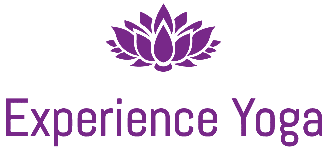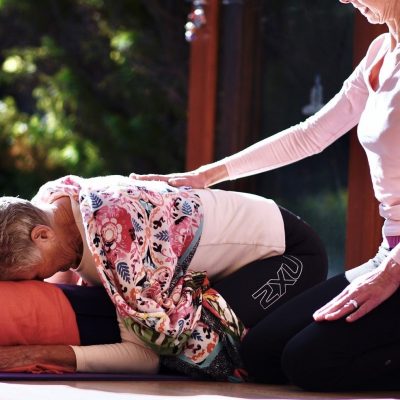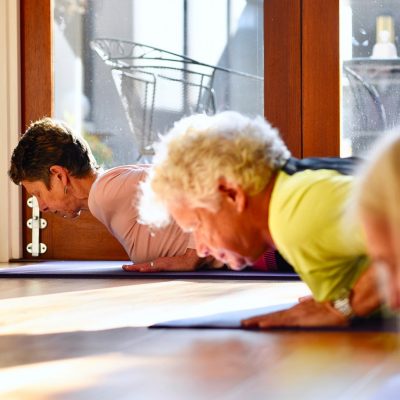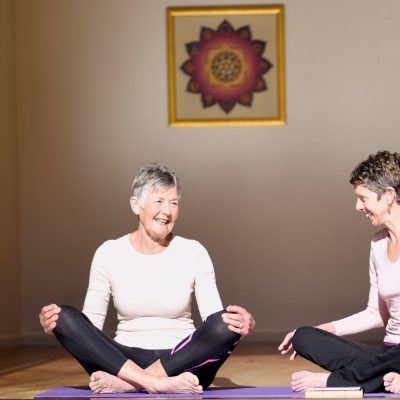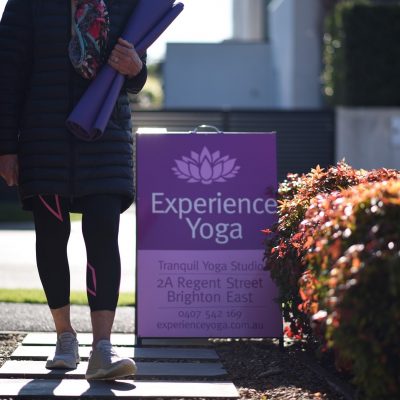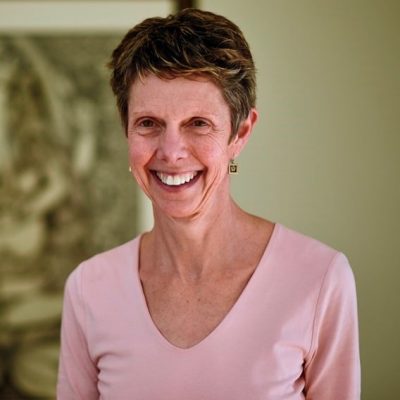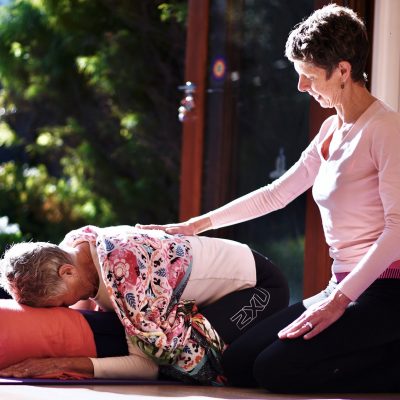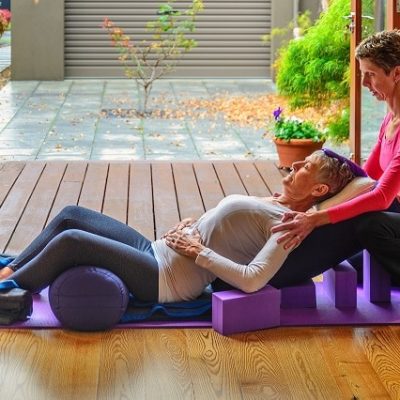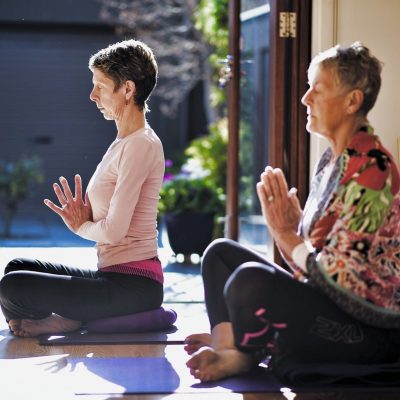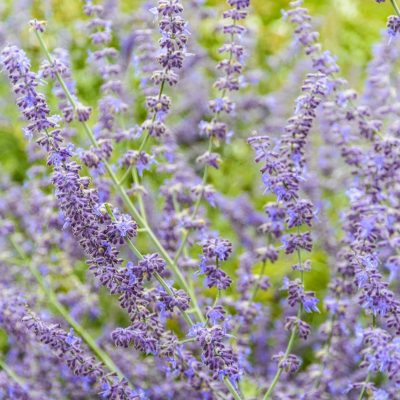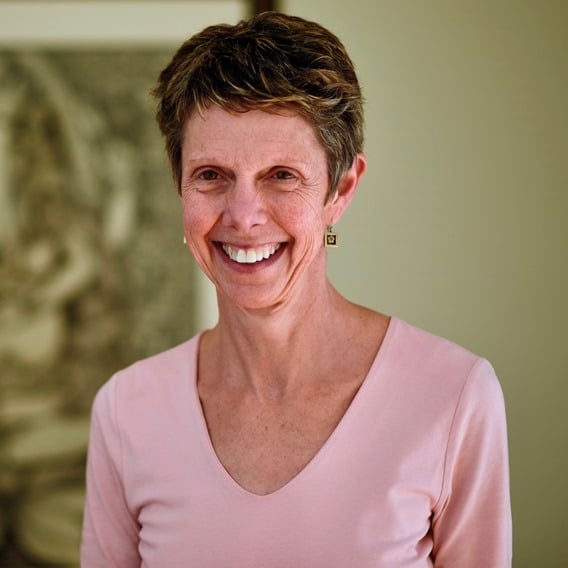Most people who come to my business are seeking self-care for their bodies, emotions and mind for the long haul. They understand that there are no ‘quick fixes’. They accept that habitual patterns of movement, behaviour and thinking contribute to how they find themselves today.
Often students relate their physical dis-ease as a reason to come, or their desire for ‘space’ from complex work/family issues. Essentially their many reasons relate to connecting to their calmer place within.
In 2019, at least 17% of Australians live with pain or chronic pain. 53.8% are women and they experience a substantial reduction in quality of life and restriction in daily activities. Many are treated using a medical approach, a search for a cause, where they do very little in the process.
Eckhart Tolle describes the ‘pain body’ as an over- identification in the mind with current sensations, taking us out of the present moment. In other words, that pain is inevitable as long as we identify with the mind and our stories about ‘pain’. It is really difficult to dis-identify and look into the pain body! I believe this is a lifelong project, a continual process of calming the mind to stay present.
So for now, if this approach feels like a big ‘ask’, the following can assist you:
Pain is the defender, not the offender
Pain ‘signals’ are there to remind you that when you unconsciously hold muscles in your body, you contribute to your discomfort. You need to stay present, relearn how to move your body with deeper awareness, and regain freedom of movement with confidence again.
Body work may assist, however is not the long term solution.
Massage, treatment, trigger work may help briefly but within a day or two you’re often back where you started. Don’t get me wrong – I go to some fantastic physical therapists for physical ‘release’ and bodywork. However this is one small part of the story I explore for myself and with private yoga therapy clients. Similarly – you live in your body and know it best!
You have natural drugs in your brain
Each of us has a potent drug cabinet within that has no side effects! Your brain produces natural ‘chemicals’ that include endorphins (our own natural morphine), serotonin (known to enhance mood). These can be more effective and safer than pills. Your brain decides whether to open your drug cabinet. If you are worried, concerned about your ‘pain’, stressed, the brain protects you by creating pain and your drug cabinet closes. But you can learn to open your 24-hour pharmacy!
Don’t take it lying down
Knowledge is power! Learning how to rewire your brain about your responses to pain, requires a new path, new knowledge. Your biology (body), your psychology (mood, personality) and your social factors (cultural heritage, family) are all relevant in your experiences of ‘pain’. Seek to establish change through education, which includes your management of home practices!
Re-patterning your mind-body connections are vital
Tailored movement practices change your brain representation, promote more usual function and activate your brain without turning on the pain response. Specific relaxation, mindfulness and meditation practices turn your pain responses down, to support better sleep, thinking and mood.
If you are keen to learn how techniques, such as yoga and meditation, counteract adverse effects on the brain and pain, you can learn more here:
